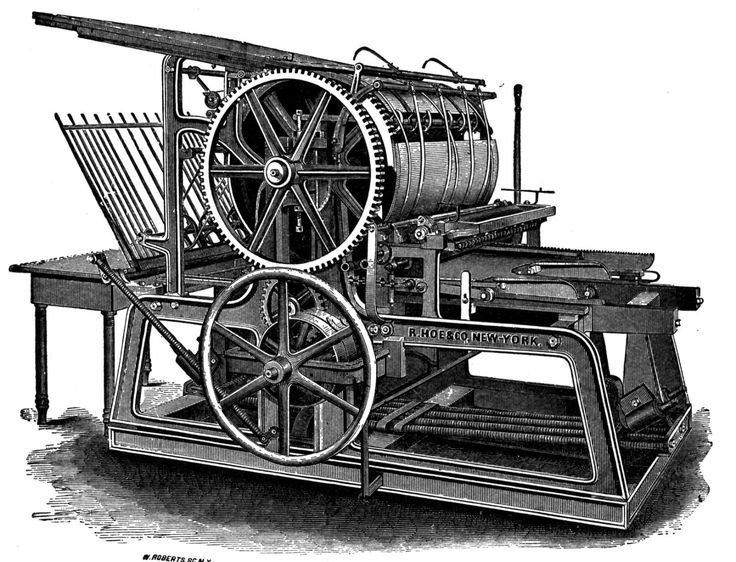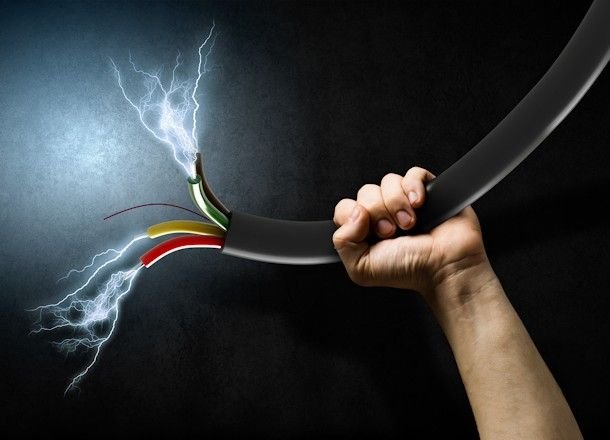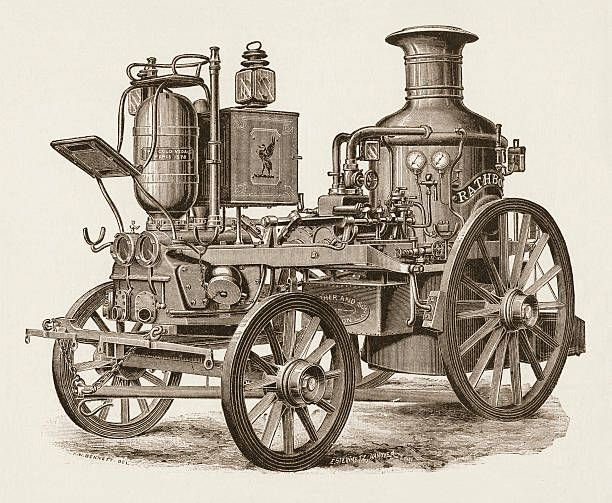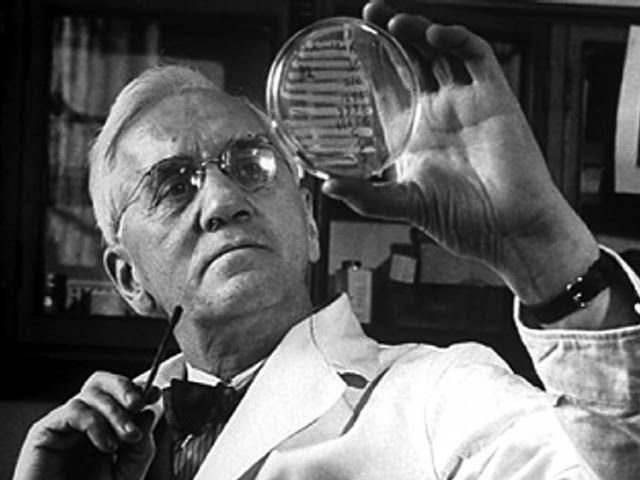From the wheel to the internet, history is filled with groundbreaking inventions that altered the trajectory of human civilization. Here, we explore ten key inventions that not only revolutionized daily life but also redefined societal structures, industries, and economies across time.
1. The Wheel

Invented around 3500 BCE in Mesopotamia, the wheel is often hailed as one of the most important inventions in history. It enabled the development of trade, transportation, and machinery, paving the way for economic growth and infrastructure development. The invention of the wheel allowed civilizations to expand beyond local territories and develop complex societies.
2. The Printing Press

Johannes Gutenberg’s invention of the printing press in the 15th century democratized knowledge, leading to the Renaissance and the scientific revolution. Mass production of books enabled information sharing, scientific research, and educational access on a previously unimaginable scale.
3. Electricity

The harnessing of electricity transformed life in profound ways, from powering homes and cities to enabling modern technology. Thomas Edison’s light bulb invention in 1879 allowed people to work and live more comfortably and safely at night, while Nikola Tesla’s development of alternating current (AC) laid the foundation for today’s electrical grids.
4. Vaccines

The introduction of vaccines in the 18th century marked a monumental leap in medical science, saving millions of lives and virtually eradicating deadly diseases like smallpox. Vaccinations continue to be a crucial aspect of public health, boosting life expectancy and enabling healthier populations.
5. The Steam Engine

The steam engine, developed by James Watt in the 18th century, was a cornerstone of the Industrial Revolution. It powered factories, ships, and trains, transforming agriculture, transportation, and manufacturing, and ushering in an era of mass production and urbanization.
6. The Telephone

Alexander Graham Bell’s invention of the telephone in 1876 allowed instant communication over long distances, revolutionizing personal and business communication. The telephone transformed commerce, emergency services, and social interactions.
7. The Computer

The development of computers in the 20th century redefined data processing, automation, and analysis, leading to the information age. Computers accelerated advancements in every field, from engineering to medicine, and continue to evolve rapidly.
8. The Internet

The internet, developed as a military project in the late 20th century, has become a fundamental tool for connectivity, learning, and commerce worldwide. It has transformed how we communicate, share information, and conduct business, making the world more interconnected than ever.
9. Penicillin

Alexander Fleming’s discovery of penicillin in 1928 introduced antibiotics, saving countless lives and advancing medical treatments. Penicillin revolutionized healthcare by treating bacterial infections that were once fatal, allowing medical science to tackle a new range of illnesses.
10. The Airplane

The Wright brothers’ invention of the airplane in 1903 brought the world closer together, facilitating rapid global travel. Aviation has enabled economic growth, cultural exchange, and global connectivity in ways that were previously unimaginable.
Conclusion
These inventions illustrate humanity’s relentless pursuit of progress. From the wheel to the internet, each breakthrough has reshaped society, making life more interconnected, efficient, and secure. Together, they tell a story of ingenuity that continues to push the boundaries of civilization.





